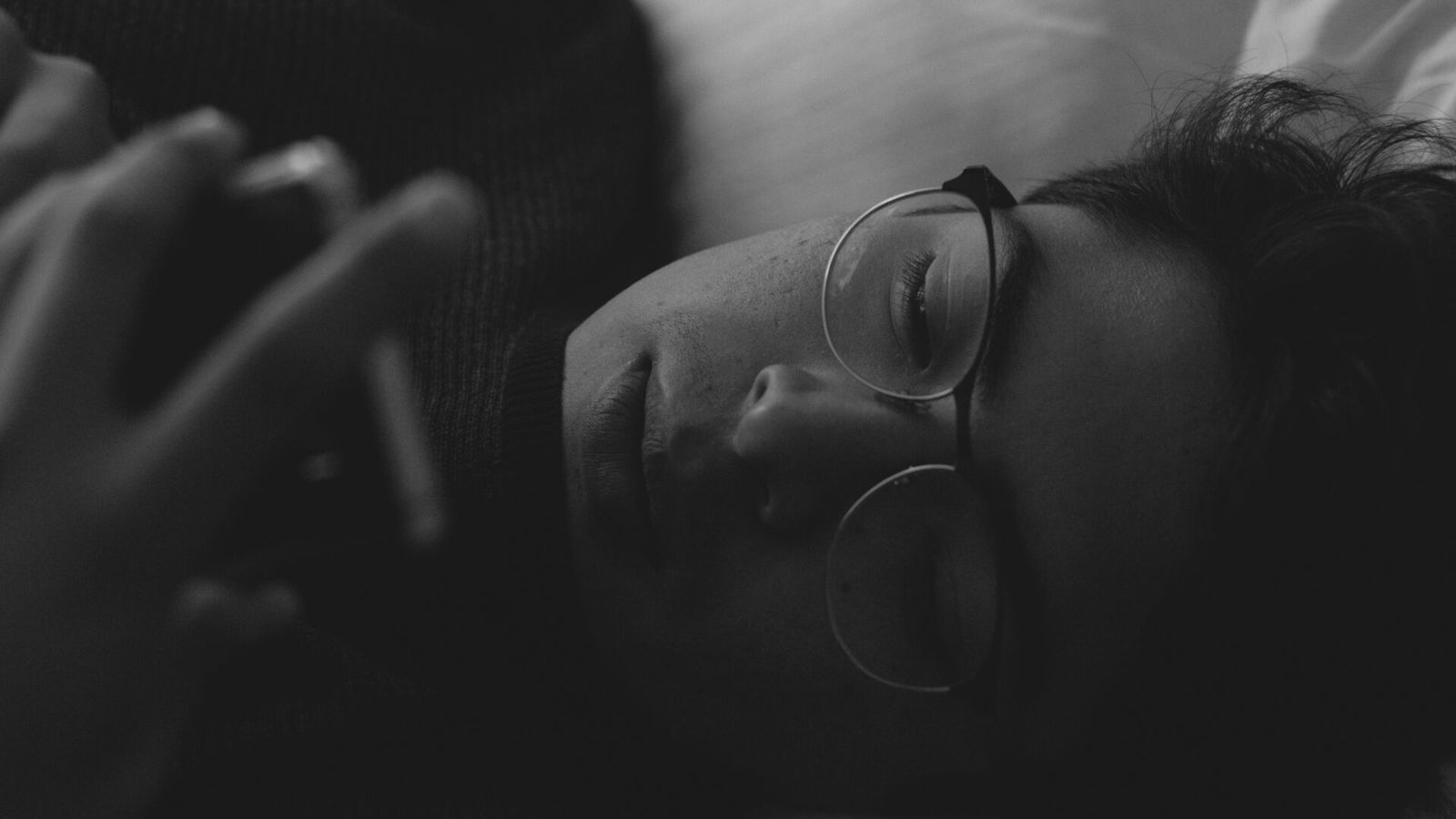
By Mallory Mattingly
A new study has found that people who spend time on their devices in bed are likely to suffer from sleep loss and insomnia.
According to BBC, a Norwegian survey used regression analyses to compare the relationship between screen time in bed and sleep. The study compared these results of 45,000 18-28-year-olds.
It found that “increased screen time in bed correlates with a higher likelihood of reporting symptoms of insomnia and shorter sleep duration, whereby each additional hour of screen time was linked to a 63% increase in insomnia risk and 24 minutes less sleep.”
The study also pursued how social media usage in bed could impact sleep compared to other screen time activities.
Dr. Gunnhild Johnsen Hjetland of the Norwegian Institute of Public Health took the lead on the survey and found “no significant differences between social media and other screen activities, suggesting that screen use itself is the key factor in sleep disruption.”
These findings correlate to previous studies. A poll conducted by the National Sleep Foundation in 2022 found that 58% of people are “looking at screens within an hour before bedtime” and have experienced sleep problems.
Why exactly does screen time in bed harm sleep? Doom scrolling, playing games or even reading on your device keeps the brain engaged for longer periods of time which prevents a person from falling asleep.
With the negative effects of screen time before bed, the National Sleep Foundation suggested three tips to help limit screen time in bed so you can fall asleep:
- Turn Off Devices — And Calm Your Mind: Create a screen cut-off time when you set your phone aside and begin to calm your mind. The goal is to remove any “heightened emotional state” that could prevent you from sleep.
- Create A Disruption-Free Sleep Space: rRd your bedroom of any distractions that may cause you to stay up longer.
- Screen-Free Sleep is Better Sleep: Limit the number of screens in your bedroom. This will help keep any temptations away so you can sleep soundly at night.
Joshua Piper, a sleep clinician at ResMed UK, told BBC that screen usage before bed “steals both opportunity and the quality of your sleep, which is why some may struggle for onset, others struggle to stay asleep.”
If you’re struggling to sleep well at night, it might be because of an excessive amount of time on your phone before bed. You might even have to put down that book to catch some more Zzz’s.
Read Next: Screen Time Limits Aren’t Just for Kids — Parents Need Them Too



 - Content:
- Content: 

